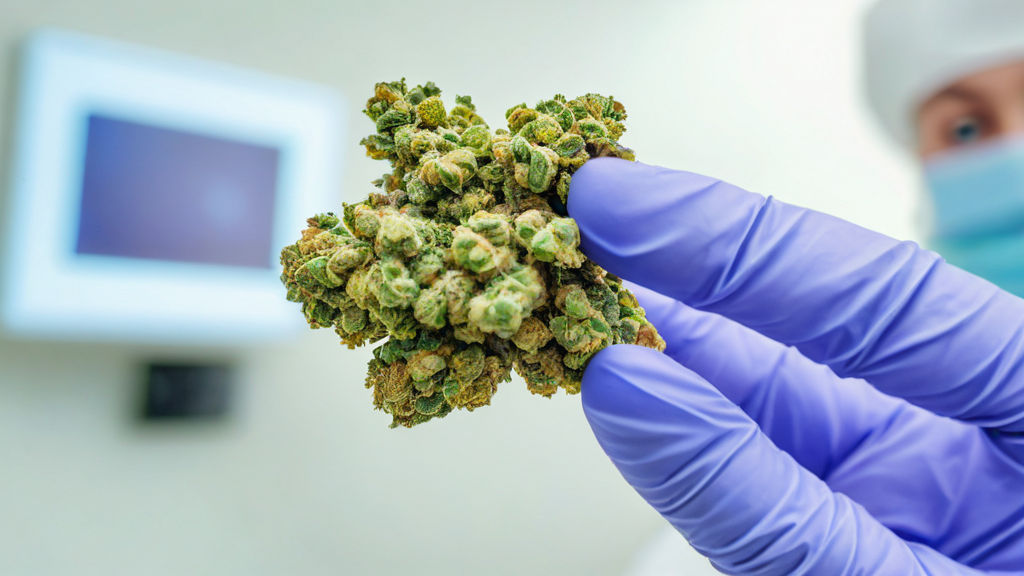Introduction
The use of medicinal cannabis, although generally well tolerated by patients, carries side effects and risks that must be considered. Although most side effects are transient and benign, it is crucial to understand the possible risks associated with its use.
Transient side effects
Acute side effects of medicinal cannabis, especially at high doses, include rapid onset of dry mouth, redness of the eyes, increased appetite, mild euphoria, reduced alertness, increased heart rate, decreased blood pressure and dizziness. It is important to note that all of these effects are transitory and tend to diminish and disappear within a few hours.
Categories of adverse effects
A review of the effects of medicinal use of cannabinoids indicates that the most common adverse effects are related to respiratory, gastrointestinal and nervous system disorders.
Medical cannabis quality
Pharmaceutical quality medicinal cannabis, such as that supplied by Bedrocan, guarantees consistency in the composition of the active substances, as well as the absence of pesticides, heavy metals, bacteria or fungi. These guarantees are backed by tests carried out by independent laboratories.
Availability and prescription
Bedrocan medicinal cannabis is only available with a medical prescription and its acquisition is subject to specific regulations in each country. It is essential to check with local authorities before attempting to import or export medical cannabis products.
Therapeutic effects and additional considerations
Medical cannabis has been shown to have positive effects in the treatment of pain, muscle spasms, nausea, weight loss, among others. However, it is important to highlight that scientific evidence on its effectiveness in certain diseases is still limited.
Prevention and potential risks
Preventing unwanted side effects from medical cannabis involves guidelines such as starting with low doses, increasing the dose slowly, and avoiding its use in patients with hereditary risk for psychiatric disorders or heart disease. Likewise, the importance of avoiding its use during pregnancy and lactation is highlighted, as well as the need for control in patients with liver diseases.
Potential risks
It is highlighted that, like any other medicine, medicinal cannabis is not without risks. Potential risks are mentioned such as the induction of psychosis in genetically predisposed individuals, effects on heart disease, impact on pregnancy, liver disease, possibility of addiction, and the need to avoid overdose.
